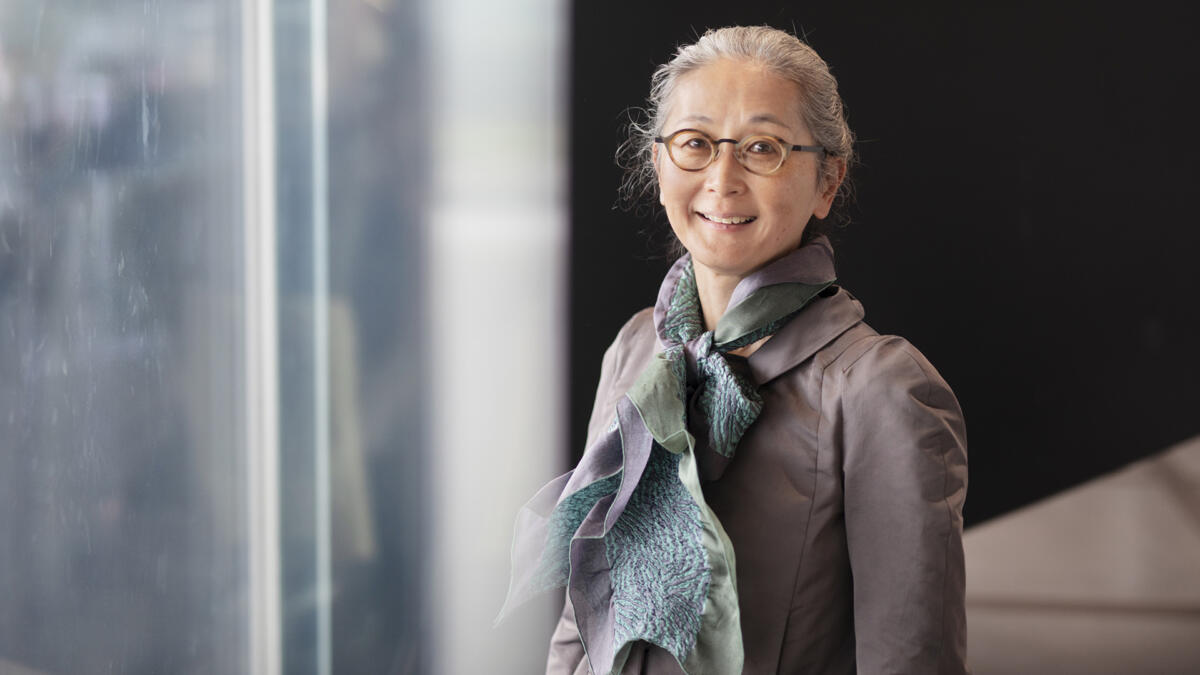What does a doctoral project in Artistic Research look like?
Professor Mieko Kanno reflects on the bacbground of the new International Prize for Artistic Research in Music

More and more musicians are carrying out doctoral studies today. (I mean musicians to be all kinds of practitioners involved in music.) Motivations vary from a career break and qualification requirement (many teaching positions ask for a doctoral degree), to pure curiosity about a particular topic. In the climate of education becoming shorter and more compact, doctoral studies provide much needed time and space for musicians to mature.
But many musicians don’t know what a doctoral project can look like. Artistic Research has been around for more than a decade, and musicians know that this is an area that they can use their existing expertise. Artistic Research is a type of research in and through practice. How does that translate into a particular musician’s own experience and desire to ‘do something’ with their own interests and needs, in an academic context?
I set up the International Prize for Artistic Research in Music with two things in mind. 1) The Prize promotes excellent work in Artistic Research in Music to a wider public, and 2) The Prize shares a benchmark practice amongst the institutions engaged in it.
I wanted the Prize to be useful for musicians interested in learning about doctoral studies in Artistic Research, at many institutions across Europe and beyond. Seeing examples is a key to understanding the disciplinary landscape. Each project is very different, and it is there to inspire you. Sometimes the subject can be similar, but the methodology is very different. The variety is a critical feature of Artistic Research, because the discipline strives to expand the ways of knowing.
Second, I wanted to create a place where the academic community can see clearly what kind of expectations we have about Artistic Research at the individual institutions. Currently, this perspective is typically reserved for external examiners. We need to find a way of sharing it more widely.
I believe that musicians’ pursuit of excellence — in all practical, emotional, intellectual, and transformative dimensions — is a form of research. Ultimately, I want the Prize to highlight the rigour, originality, and profound impact of musicians’ creative endeavours, bringing overdue recognition to their practice as research. All the nominated projects show ample evidence of such endeavours. I hope the Prize encapsulates this spirit and celebrates it, and that it becomes a milestone for the future generation.
The International Prize for Artistic Research in Music is founded by Professor Mieko Kanno at the Sibelius Academy, Uniarts Helsinki. It runs biennially in association with the consortium involved in the Doctors in Performance Festival Conference. Read more about the prize
Artistic Research
Artistic research is one of Uniarts Helsinki’s specialities. In this blog you can read about latest activities in the field from our community and guest writers.
Taiteellinen tutkimus on yksi yliopistomme erityispiirre. Lue blogista yliopistoyhteisömme ja vierailijoiden kirjoituksia ja ajatuksia taiteellisen tutkimuksen ajankohtaisista ilmiöistä ja tapahtumista.
Latest posts
Follow blog